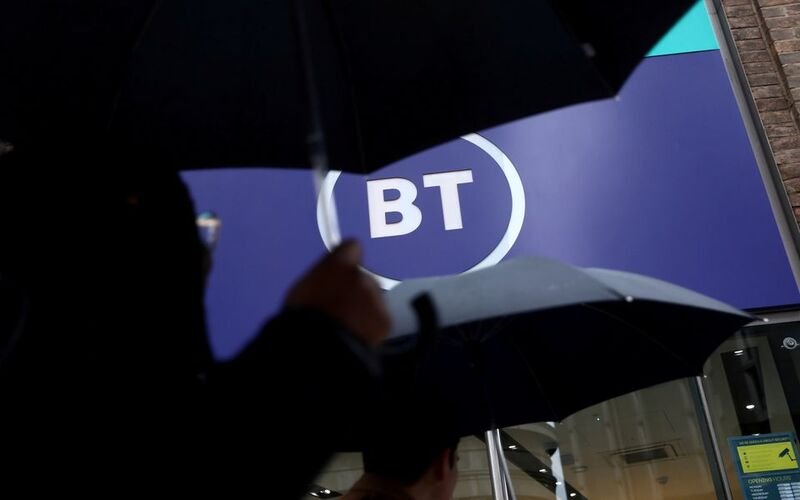BT Group (BT.L), Britain’s largest internet and mobile provider, will lose up to 55,000 positions, including contractors, by 2030 as it completes its fiber roll-out and adapts to new technologies like AI.
Philip Jansen’s transformation strategy includes building a national fiber network and launching 5G mobile services.
The former state monopoly announced pro forma revenue and core earnings growth for the first time in six years in the year to March on Thursday, but the expense of restructuring the firm and the impact on its free cash flow sent its shares down 7% in morning trade.
After finishing the fiber roll-out, digitizing its operations, embracing AI, and streamlining its structure, Jansen claimed BT would have a substantially smaller workforce and lower cost base by the end of the 2020s. As a result, he promised a leaner, brighter New BT Group.
It stated its workforce would fall from 130,000 to 75,000 and 90,000 by 2030. Thirty thousand additional contractors work for it.
Jansen said BT’s employment layoffs would increase as it finishes its fiber construction and turns off 3G. “It’s a rolling programme (of cuts), but it’s a five-to-seven-year landing zone,” he said.
The Communication Workers Union (CWU) stated that the job layoffs were “no surprise” due to infrastructure and technology advancements. However, the union said talks between BT and the CWU were needed to ensure a seamless transition, adding that BT should preserve direct employees and cut contractors.
On Tuesday, Vodafone (VOD.L), BT’s rival, announced it would shed 11,000 positions worldwide to regain its competitive advantage.
Jansen predicted that digital networks would require 10,000 fewer network engineers and 10,000 more from automation and AI. He stated there were “huge opportunities” to employ AI and that generative AI large language models would be a breakthrough like a smartphone. He said BT would utilize AI to improve customer service and seize other business opportunities.
“People won’t feel like they’re dealing with a robot,” he said. “We’ve got multichannel, we’re online, we have 450 stores, that’s not going to change.”
Jansen said BT had achieved strong progress despite an “extraordinary macro-economic backdrop” in the full-year results.
After networks and consumer businesses outperformed enterprise, adjusted core earnings rose 5% to 7.9 billion pounds ($10 billion).
Due to increasing cash capital investment, free cash flow (FCF) decreased by 5% to 1.3 billion pounds, below its guidance. Two thousand twenty-fourAs a result, free cash flow forecasts were also lower than analysts projected.
Simon Lowth, BT’s CFO, said BT would use the British government’s new tax expensing to extend its network and connect customers to fiber.
He predicted 1.0-1.2 billion pounds in free cash flow this year, below market forecasts of 1.22 billion pounds. Openreach, the group’s networks arm, confirmed its goal to connect 25 million premises with ultra-fast full-fiber by 2026.
It is investing heavily to build its fiber network faster than Virgin Media O2 and smaller “alt nets.” As a result, pro forma revenue and core earnings growth were projected from BT this year.


















































